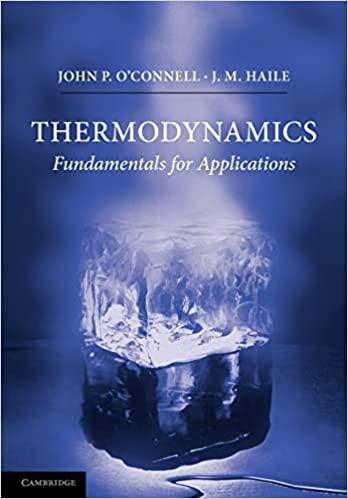Question
In a hypothetical reaction, a compound 'X' is converted to 'Y' via a two-step mechanism. The first step is the rate-determining step and involves a
In a hypothetical reaction, a compound 'X' is converted to 'Y' via a two-step mechanism. The first step is the rate-determining step and involves a transition state similar to 'X'. The second step is much faster and involves an intermediate 'I'. Given the reaction profile, which of the following statements is true? A. The activation energy of the overall reaction is the energy difference between 'X' and the transition state of the first step. B. The energy of the intermediate 'I' is higher than that of 'X' but lower than the transition state of the first step. C. The activation energy of the second step is the difference in energy between 'Y' and 'I'. D. The energy of 'Y' is higher than that of the transition state of the first step.
Step by Step Solution
There are 3 Steps involved in it
Step: 1

Get Instant Access to Expert-Tailored Solutions
See step-by-step solutions with expert insights and AI powered tools for academic success
Step: 2

Step: 3

Ace Your Homework with AI
Get the answers you need in no time with our AI-driven, step-by-step assistance
Get Started


